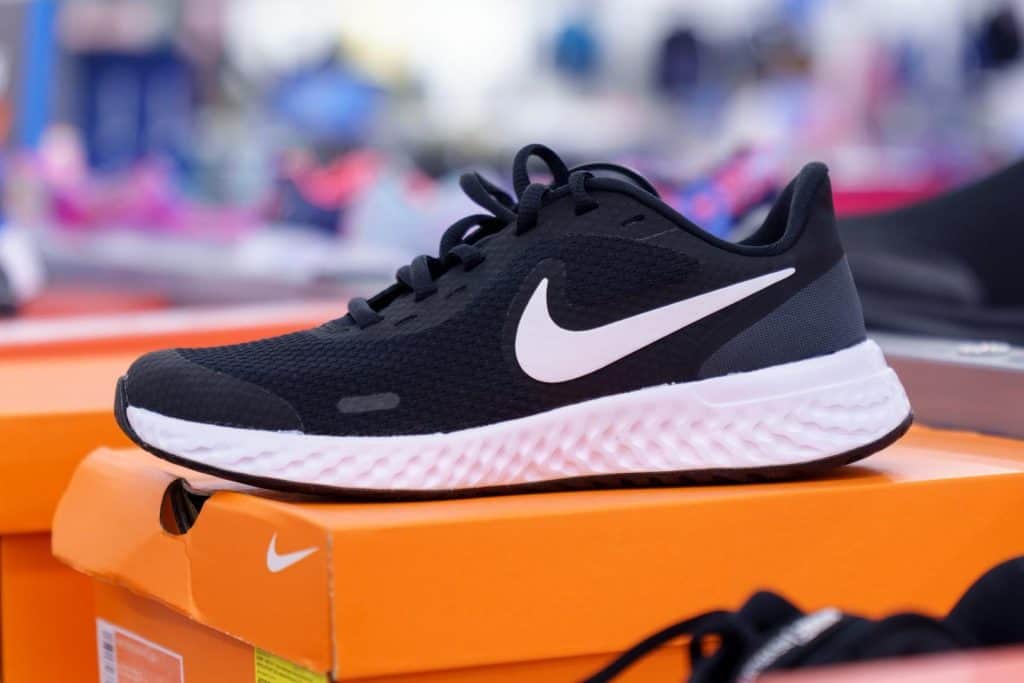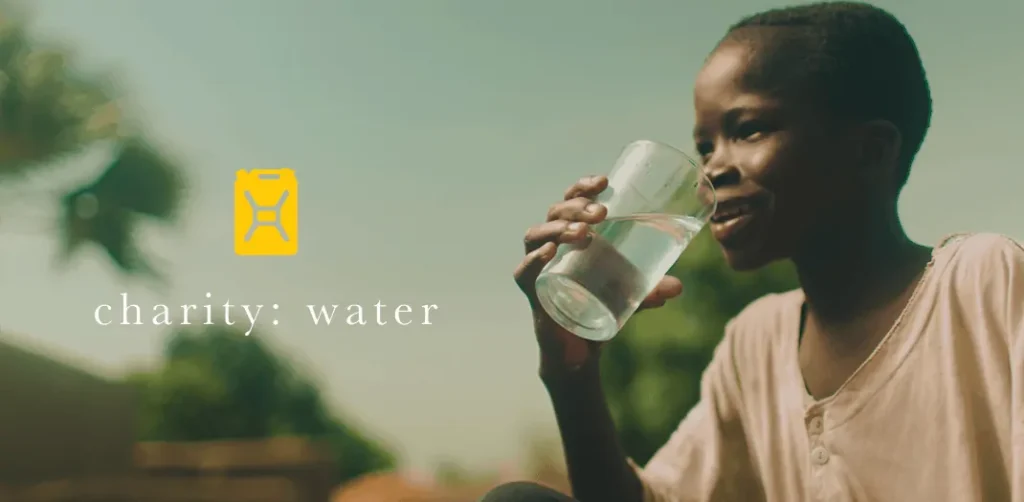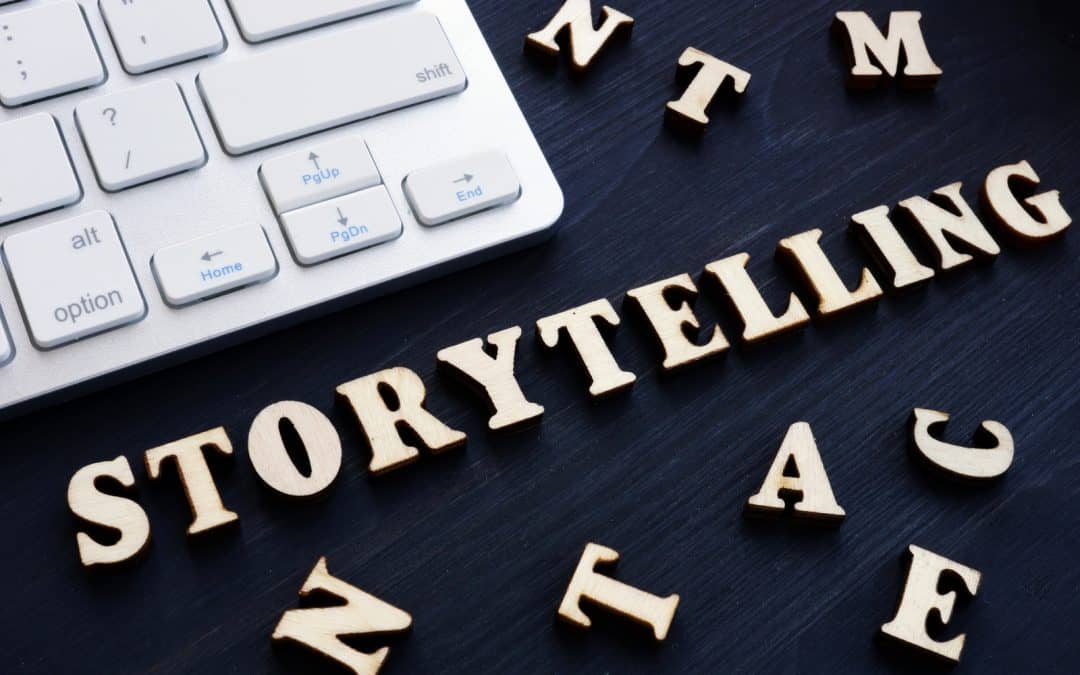Have you ever been scrolling through your social media feed and stumbled upon a post that just completely captivated you?
Maybe it was a heartbreaking personal story shared by a friend, or a hilarious video that had you laughing out loud.
Whatever it was, you were hooked.
That, my friend, is the power of social media storytelling.
In today’s digital age, social media has become a platform for us to not only connect with others, but also share our own stories and experiences with the world.
From personal narratives to brand marketing campaigns, social media storytelling has become an essential tool for engaging audiences and creating meaningful connections.
In this article, we’ll be diving into some of the most effective and creative social media storytelling examples out there – from powerful personal stories to innovative marketing campaigns.
So buckle up and get ready to be inspired!
Definition of Social Media Storytelling

When we say “social media storytelling,” what exactly do we mean?
Well, put simply, it’s the art of using social media to tell a story.
And no, we don’t mean just any old story – we’re talking about stories that are engaging, emotional, and impactful.
At its core, social media storytelling is about creating a narrative that resonates with your audience.
It’s about using the power of words, images, and videos to bring a story to life and connect with people on a deep level.
Whether it’s a personal story, a brand marketing campaign, or a nonprofit’s message, social media storytelling can be used to create meaningful connections between people and organizations.
But why is social media the perfect platform for storytelling?
Well, think about it – social media is all about sharing.
We share our thoughts, our photos, our experiences, and yes, our stories.
By using social media to tell a story, we can reach a wider audience than ever before.
We can connect with people from all over the world, sharing our message and our experiences in a way that simply wasn’t possible before.
So, in a nutshell, social media storytelling is all about using the power of social media to share powerful and impactful stories.
It’s about creating connections, building relationships, and inspiring change.
And in the age of social media, it’s an essential tool for anyone looking to engage with their audience and create a lasting impact.
How Personal Stories Can Be Effective on Social Media

There’s no doubt about it – personal stories are powerful.
They have the ability to move us, to inspire us, and to create connections between people.
And when it comes to social media, personal stories can be incredibly effective in engaging audiences and creating meaningful connections.
So, why are personal stories so effective on social media?
Well, for starters, they’re relatable.
We all have our own stories of triumph and adversity, and when we see others sharing their own experiences, it can make us feel less alone.
Personal stories can also be incredibly inspiring, showing us that anything is possible with hard work and determination.
But it’s not just about making a connection with the audience – personal stories can also be used to promote a cause or raise awareness of an issue.
By sharing personal stories of struggle, survival, and triumph, individuals and organizations can inspire others to take action and make a difference.
One great example of the power of personal storytelling on social media is the #MeToo movement.
Started by activist Tarana Burke in 2006, the movement gained widespread attention in 2017 when actress Alyssa Milano encouraged women to share their own stories of sexual harassment and assault on social media using the hashtag #MeToo.
The movement quickly went viral, with millions of women (and men) sharing their own stories and creating a powerful message of solidarity and support.
So, whether it’s a personal tragedy that inspires a movement or a health journey documented through social media, personal stories can be incredibly effective in engaging audiences and creating meaningful connections on social media.
By sharing our own stories and experiences, we can inspire change and make a difference in the world.
How Brands Can Use Social Media Storytelling to Connect with Audiences

When it comes to building a brand, connecting with your audience is essential.
And in today’s digital age, social media storytelling has become an important tool for brands looking to engage with their followers and create meaningful connections.
So, how exactly can brands use social media storytelling to connect with their audience?
Well, for starters, it’s all about being authentic.
People want to feel like they’re connecting with real people, not just a faceless corporation.
By sharing personal stories and experiences, brands can create a more human connection with their followers.
Another key element of effective social media storytelling for brands is creating content that is both relevant and relatable.
This means taking the time to understand your audience and what they care about, and tailoring your content to meet their needs and interests.
Creating content that resonates with your audience can help you to build a stronger connection and create more engaged followers.
But it’s not just about creating content – it’s also about using social media to tell a story.
This means using a variety of different mediums, from images and videos to written content, to create a cohesive narrative that resonates with your audience.
By telling a story that is authentic, compelling, and relevant to your brand, you can create a lasting connection with your followers and build a loyal customer base.
An example of a brand using social media storytelling to connect with its audience is Nike.
The sports apparel company has long used its social media channels to showcase the stories of athletes from around the world, sharing their personal journeys and triumphs in a way that is both inspiring and relatable.
By using social media to tell these stories, Nike has built a passionate following of fans who are loyal not just to the brand, but to the values and ideals it represents.
Whether you’re a small business looking to build a loyal following or a well-established brand trying to connect with a new audience, social media storytelling can be an incredibly powerful tool for building connections and engaging with your followers.
If your brand can create authentic, relevant, and compelling social media posts, you can create a lasting impact and build a strong, engaged community around your brand.
How Non-Profits Can Use Social Media Storytelling to Raise Awareness & Funds

Non-profit organizations play an important role in our society, working tirelessly to raise awareness and funds for important causes.
And social media storytelling has become a powerful tool for non-profits looking to engage with their audience and make a real impact.
But how can non-profits use social media storytelling to raise awareness and funds?
Well, it’s all about creating a compelling narrative that resonates with your audience.
By sharing personal stories of struggle, survival, and triumph, non-profits can inspire others to take action and make a difference.
One effective strategy for non-profits is to use social media to showcase the impact of their work.
This means sharing personal stories of individuals who have been helped by the organization, as well as highlighting the progress that has been made towards achieving the organization’s goals.
By demonstrating the impact of their work, non-profits can inspire others to get involved and support their cause.
In order for non-profits to use social media storytelling effectively, it’s important to create content that is not only informative but also engaging.
This involves using a variety of mediums, including images and videos, to tell a story that truly resonates with your audience.
By crafting an authentic and compelling narrative that is relevant to your cause, you can establish a strong connection with your supporters and build a passionate community around your organization that will endure over time.
Have you ever heard of the Charity Water organization?
They’re doing an amazing job using social media storytelling to raise awareness and funds for the global water crisis.
By sharing real-life stories of people and communities who have been affected by the lack of clean water, they inspire others to join their mission and help provide clean water to those in need.
It’s inspiring to see how storytelling can make such a huge impact on social media, and charity water is a great example of how non-profits can use this tool to create change.
It doesn’t matter if you’re a small non-profit looking to make a difference or a well-established organization trying to expand your reach, social media storytelling can be an incredibly powerful tool for raising awareness and funds.
Conclusion
As we come to the end of this article, I hope the creative ways that people are using social media to tell their stories have inspired you.
From Instagram to Snapchat, Facebook to YouTube, there are so many platforms available for us to express ourselves and connect with others.
But what’s more important than the platform is the story itself.
We all have unique experiences and perspectives that are worth sharing with the world.
Whether it’s a personal triumph, a funny anecdote, or a passionate cause, your story has the power to inspire, educate, and entertain others.
Start sharing your own story on social media!
Don’t be afraid to get creative with how you tell it – use photos, videos, memes, and other visual elements to make your story come alive.
And most importantly, be authentic and true to yourself.
The beauty of social media is that it allows us to connect with people from all over the world, and there’s no better way to do that than by sharing our own unique experiences.

